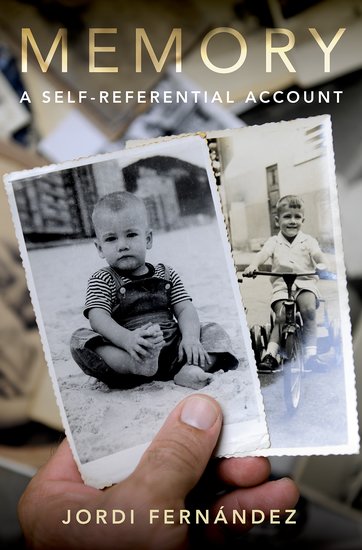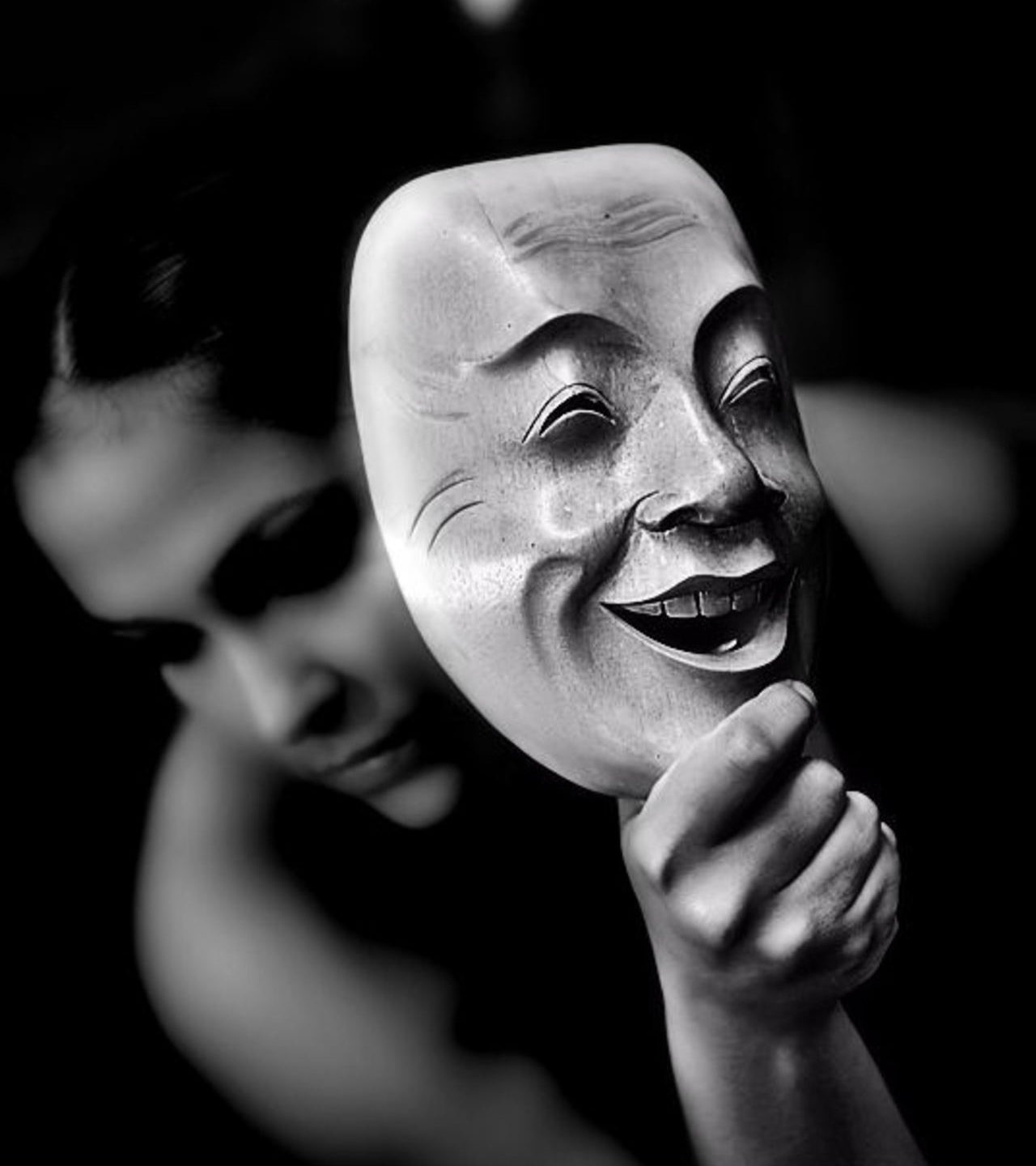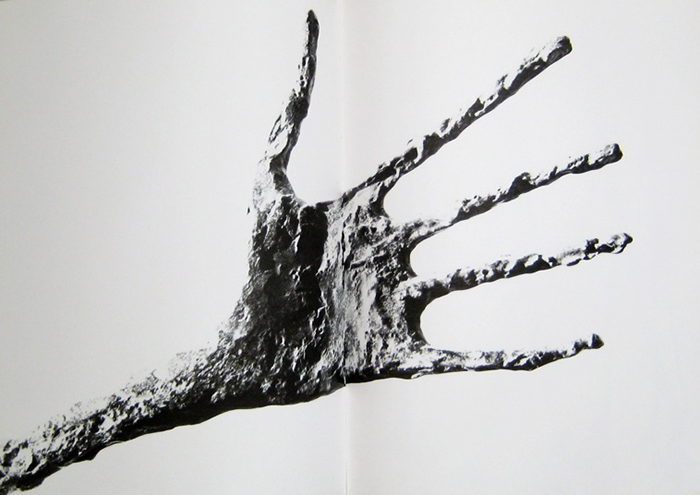“Radical Disruptions of Self-Consciousness”
Philosophy and the Mind Sciences (PhiMiSci) has published its inaugural issue: a special issue on “Radical disruptions of self-consciousness”, edited by Thomas Metzinger and Raphaël Millière. This special issue is about something most of us might find hard to conceive: states of consciousness in which self-consciousness is radically disrupted or altogether …




